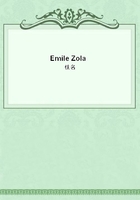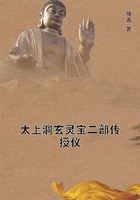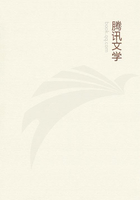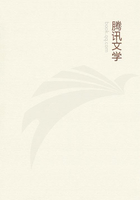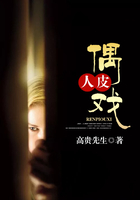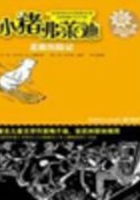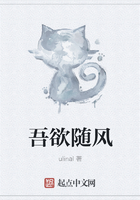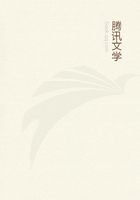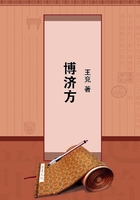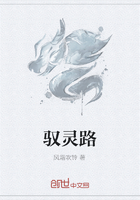In the sense in which we are now using the word correctness, we think that Sir Walter Scott, Mr. Wordsworth, Mr. Coleridge, are far more correct poets than those who are commonly extolled as the models of correctness, Pope, for example, and Addison. The single description of a moonlight night in Pope's Iliad contains more inaccuracies than can be found in all the Excursion. There is not a single scene in Cato, in which all that conduces to poetical illusion, all the propriety of character, of language, of situation, is not more grossly violated than in any part of the Lay of the Last Minstrel. No man can possibly think that the Romans of Addison resemble the real Romans so closely as the moss-troopers of Scott resemble the real moss-troopers. Wat Tinlinn and William of Deloraine are not, it is true, persons of so much dignity as Cato. But the dignity of the persons represented has as little to do with the correctness of poetry as with the correctness of painting. We prefer a gipsy by Reynolds to his Majesty's head on a signpost, and a Borderer by Scott to a Senator by Addison.
In what sense, then, is the word correctness used by those who say, with the author of the Pursuits of Literature, that Pope was the most correct of English Poets, and that next to Pope came the late Mr. Gifford? What is the nature and value of that correctness, the praise of which is denied to Macbeth, to Lear, and to Othello, and given to Hoole's translations and to all the Seatonian prize-poems? We can discover no eternal rule, no rule founded in reason and in the nature of things, which Shakspeare does not observe much more strictly than Pope. But if by correctness be meant the conforming to a narrow legislation which, while lenient to the mala in se, multiplies, without a shadow of a reason, the mala prohibita, if by correctness be meant a strict attention to certain ceremonious observances, which are no more essential to poetry than etiquette to good government, or than the washings of a Pharisee to devotion, then, assuredly, Pope may be a more correct poet than Shakspeare; and, if the code were a little altered, Colley Cibber might be a more correct poet than Pope. But it may well be doubted whether this kind of correctness be a merit, nay, whether it be not an absolute fault.
It would be amusing to make a digest of the irrational laws which bad critics have framed for the government of poets. First in celebrity and in absurdity stand the dramatic unities of place and time. No human being has ever been able to find anything that could, even by courtesy, be called an argument for these unities, except that they have been deduced from the general practice of the Greeks. It requires no very profound examination to discover that the Greek dramas, often admirable as compositions, are, as exhibitions of human character and human life, far inferior to the English plays of the age of Elizabeth. Every scholar knows that the dramatic part of the Athenian tragedies was at first subordinate to the lyrical part. It would, therefore, have been little less than a miracle if the laws of the Athenian stage had been found to suit plays in which there was no chorus. All the greatest masterpieces of the dramatic art have been composed in direct violation of the unities, and could never have been composed if the unities had not been violated. It is clear, for example, that such a character as that of Hamlet could never have been developed within the limits to which Alfieri confined himself. Yet such was the reverence of literary men during the last century for these unities that Johnson who, much to his honour, took the opposite side, was, as he says, "frightened at his own temerity," and "afraid to stand against the authorities which might be produced against him."
There are other rules of the same kind without end. "Shakspeare," says Rymer, "ought not to have made Othello black; for the hero of a tragedy ought always to be white." "Milton," says another critic, "ought not to have taken Adam for his hero; for the hero of an epic poem ought always to be victorious." "Milton," says another, "ought not to have put so many similes into his first book; for the first book of an epic poem ought always to be the most unadorned. There are no similes in the first book of the Iliad." "Milton," says another, "ought not to have placed in an epic poem such lines as these:
'While thus I called, and strayed I knew not whither.'"
And why not? The critic is ready with a reason, a lady's reason.
"Such lines," says he, "are not, it must be allowed, unpleasing to the ear; but the redundant syllable ought to be confined to the drama, and not admitted into epic poetry." As to the redundant syllable in heroic rhyme on serious subjects, it has been, from the time of Pope downward, proscribed by the general consent of all the correct school. No magazine would have admitted so incorrect a couplet as that of Drayton.
"As when we lived untouch'd with these disgraces, When as our kingdom was our dear embraces."
Another law of heroic rhyme, which, fifty years ago, was considered as fundamental, was, that there should be a pause, a comma at least, at the end of every couplet. It was also provided that there should never be a full stop except at the end of a line. Well do we remember to have heard a most correct judge of poetry revile Mr. Rogers for the incorrectness of that most sweet and graceful passage, "Such grief was ours,--it seems but yesterday,-- When in thy prime, wishing so much to stay, 'Twas thine, Maria, thine without a sigh At midnight in a sister's arms to die.
Oh thou wert lovely; lovely was thy frame, And pure thy spirit as from heaven it came:
And when recall'd to join the blest above Thou diedst a victim to exceeding love, Nursing the young to health. In happier hours, When idle Fancy wove luxuriant flowers, Once in thy mirth thou badst me write on thee And now I write what thou shalt never see."

